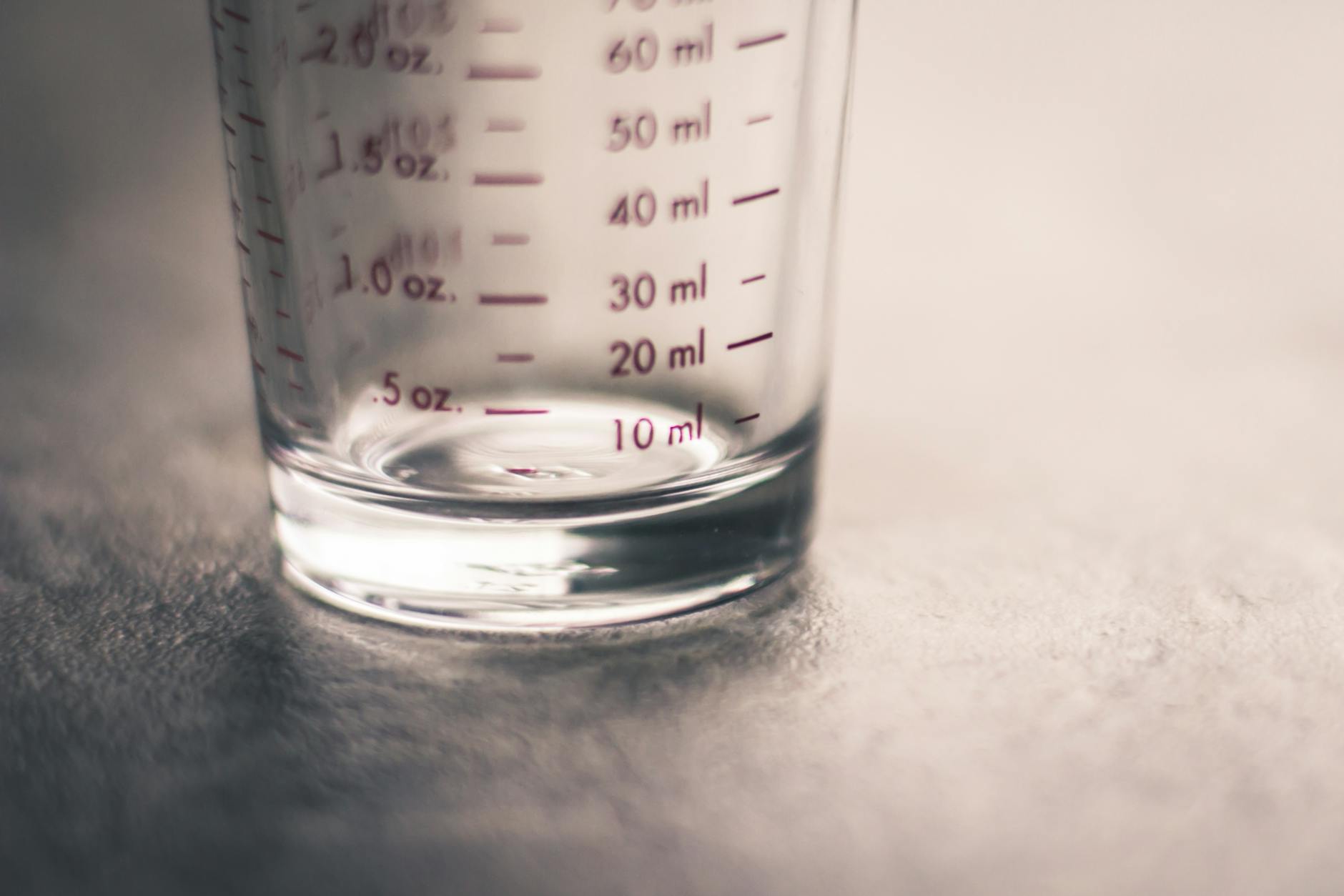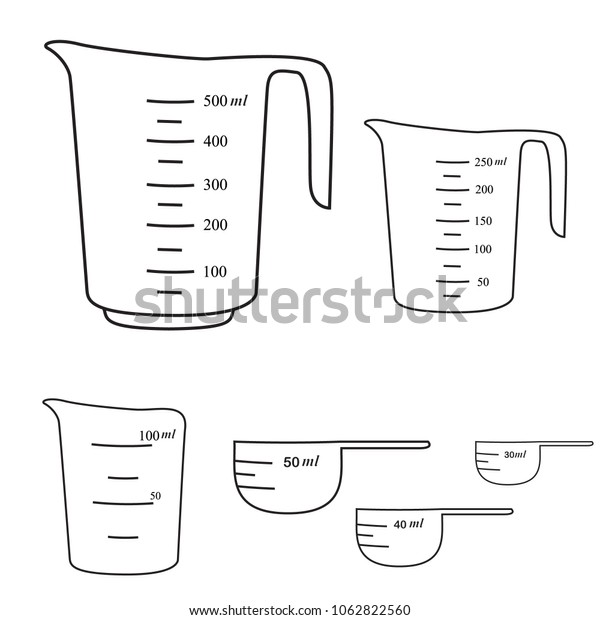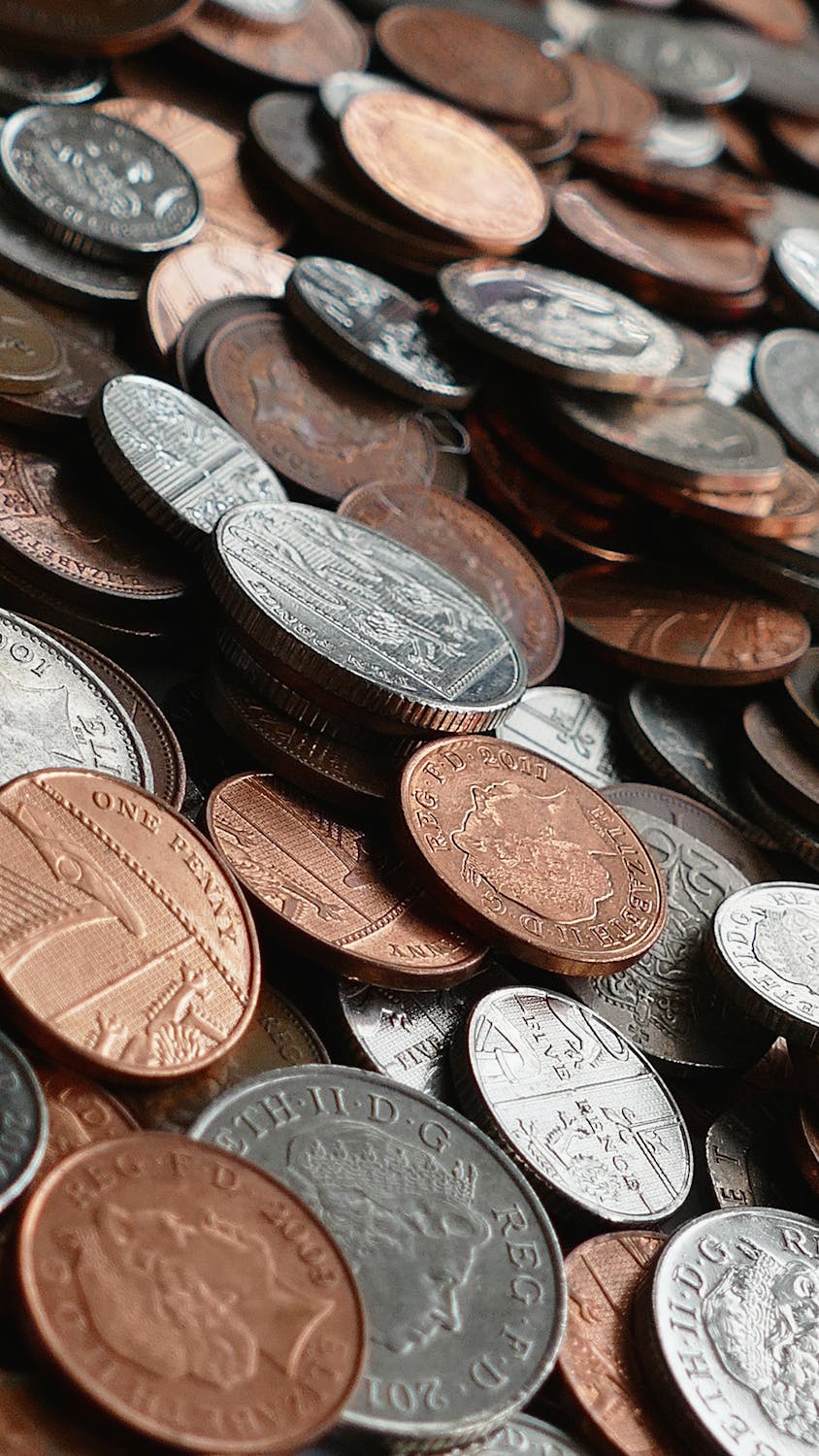The question 'how many ounces are there in a quarter pound brings a lot of conversions along with it. But to be very exact there are 4 ounces in a quarter pound.

Number of Ounces in a Quarter Pound
As it is stated in the measuring facts that 16 ounces will make up a single pound. Mathematically it can be expressed as;
ounces / 16 = pounds
By the help of this formula it is easier to calculate any amount that is needed. Here for a quarter pound number of ounces would be:
ounces = 0.25 (quarter lb) x 16
ounces = 4 oz
Hence it is proved that there are 4 ounces in a quarter pound.
But as far as fluid ounce is concerned i.e. if we are talking about liquid than it is confirmed that;
1 pound = 15.337 fluid ounces
Therefore a quarter pound would be equal to;
0.25 lb = 3.83 fl oz
What is an ounce?
An ounce is a word or a name given to various units whether it is of mass, weight or volume. Generally it can be regarded as a small amount of anything.
In terms of solid, ounce can be defined as a unit of weight which is equal to 437.5 grains or one-sixteenth of pounds. It can be also called as “Dry Ounce”. Whereas, in terms of liquid, it can be defined as unit of volume which equals approx. 29.57ml of a gallon or one-sixteenth of fluid pint. It is also called as “Fluid Ounce”.
| OUNCES (oz) | POUNDS (lb) |
|---|---|
| 0.1 oz | 0.00625 lb |
| 1 oz | 0.0625 lb |
| 2 oz | 0.125 lb |
| 3 oz | 0.1875 lb |
| 4 oz | 0.25 lb |
| 5 oz | 0.3125 lb |
| 6 oz | 0.375 lb |
| 7 oz | 0.4375 lb |
| 8 oz | 0.5 lb |
| 9 oz | 0.5625 lb |
| 10 oz | 0.625 lb |
Dry Ounce
Dry ounce is used for solid dry products and is usually measured via teaspoons or tablespoons.
| Dry Ounce | No. of Teaspoons | No. of Tablespoons |
|---|---|---|
| 1/2 oz | 3 tsp | 1 tbsp |
| 1 oz | 6 tsp | 2 tbsp |
| 2 oz | 12 tsp | 4 tbsp |
| 3 oz | 18 tsp | 6 tbsp |
| 4 oz | 24 tsp | 8 tbsp |
| 5 oz | 30 tsp | 10 tbsp |
Fluid Ounce
This term is typically used for liquid ingredients or products and is usually measured via cups if large quantity is required or by the help of spoons too if small quantity is required.
| No. of Tablespoons | Cups | Ounces |
|---|---|---|
| 8 tbsp | 1/2 cup | 4 ounces |
| 12 tbsp | 3/4 cup | 6 ounces |
| 32 tbsp | 2 cups | 16 ounces |
| 64 tbsp | 4 cups | 32 ounces |
Things Weighing Exact 1 Ounce
- A pencil
- A slice of whole-grain bread
- 10 pennies
- 5 quarters
- 28 paper clips
How much does 25 fluid ounces weigh?
1 fl oz is equal to 0.06 lbs this suggests that 25 fl oz would be equal to;
25 x 0.05 = 1.56 lbs
This ounce to pound conversion is described in the table below;
| Ounces | Pounds | Ounces | Pounds |
|---|---|---|---|
| 1 oz | 0.06 lb | 16 oz | 1.00 lb |
| 2 oz | 0.12 lb | 17 oz | 1.06 lb |
| 3 oz | 0.19 lb | 18 oz | 1.12 lb |
| 4 oz | 0.25 lb | 19 oz | 1.19 lb |
| 5 oz | 0.31 lb | 20 oz | 1.25 lb |
| 6 oz | 0.38 lb | 21 oz | 1.31 lb |
| 7 oz | 0.44 lb | 22 oz | 1.38 lb |
| 8 oz | 0.50 lb | 23 oz | 1.44 lb |
| 9 oz | 0.56 lb | 24 oz | 1.50 lb |
| 10 oz | 0.62 lb | 25 oz | 1.56 lb |
| 11 oz | 0.69 lb | 26oz | 1.62 lb |
| 12 oz | 0.75 lb | 27 oz | 1.69 lb |
| 13 oz | 0.81 lb | 28 oz | 1.75 lb |
| 14 oz | 0.88 lb | 29 oz | 1.81 lb |
| 15 oz | 0.94 lb | 30 oz | 1.88 lb |
Is 16 oz of liquid a pound?
About 16 oz of liquid is almost equal to 1 pound but after conversion by the help of mathematical fact which is 1 lb = 15.337 fl oz, this amount of fl oz is exactly equal to 1.04 lb.
How many Fluid Ounces in a gallon?
A gallon itself is a measurement unit of volume and capacity of fluid in imperial as well as US customary system of units.
1 US gallon is equivalent to 128 fl oz or 1 fl oz is equals to 0.0078125 gallons.
This statement clearly elaborates the answer to the question, how many fluid ounces in a gallon?
Summary: Thus ounce unit can be used for the measurement of both solid and liquid, named as dry ounce and fluid ounce. And 4 ounces equals to the quarter pound.
What is a Cup?
A cup is a measuring device for volume which is equal to almost 16 tbsp or 8 fluid ounces. The measuring of cup is different in different countries let’s say for example;
A US cup is approximately equal to 8.45 fl oz i.e. 240 ml whereas a UK/ Australian/ Canadian cup is equal to 8 fl oz i.e. 250 ml.

On the other hand if dry ounces are concerned, the cups donot have exact measurements for dry products because all of them vary in weighs.
A cup cannot have equal number of ounces if flour and sugar are concerned because a cup of flour is equals to 4.25 oz or 120 g while a cup of sugar is 7.1 oz or 200 g.
What is a Pound?

A pound is a unit of weight equal to 16 oz and 453.59 g or a unit of money in UK which is 100 pence. The unit of pound is ‘lb’. For example;
- A man weighing 186 pounds
- Purchasing 3 pounds of lemon
System of Measurements
It is a system of units which are defined to measure a specific amount or quantity. Mostly used systems internationally are SI units, Imperial system, Metric system and United States customary units.
Metric System
This system uses litre, meter and grams as it’s base unit. Such as a pound when expressed in terms of metric system it is equal to 453.59 g or an ounce in this system is equal to 28.34 g.
Imperial System
This system of measurement overrides the metric system in UK and measures in terms of inch, mile and pounds.
United States Customary System
It is used for measuring length in units of inch, yard, foot and miles. It is somewhat identical to imperial system.
Summary: These three systems are majorly used for the measurements. Although the values of every unit vary in each of them, still they are authentic and validated to be used.
Frequently Asked Questions
How many grams is a QP?
A quarter pound is equal to 113.4 grams.
How many ounces are in a Pound?
There are sixteen ounces in a single pound.
How many oz a cup?
One cup is equal to 8 fluid ounces.
How much cups are in a pound?
4 cups are equal to 1 pound and also to 16 dry ounces if talking about flour.
How many 8 oz makes a pound?
Since 16 ounces make up a single pound, therefore 8 ounces will constitute half a pound.
What is 2 ounces equal to in cups?
one cup is equal to 8 fluid ounces therefore 2 fluid ounces will make up 0.25 of the cup.
Read Related Topics
1 Cup Equals How Many Ounces
How Many Ounces(oz) in a Quart?
How many ounces is a 1 4 cup
How many grams in a quarter ounce?
How many ounces in a quarter cup?
How many Ounces in 1/3 Cups?
How many grams in a cup of flour?
How many grams in a cup?
How many ounces in 3 4 cups?
How many ounces are in 12 cups?
How many cup is 16 ounces
How Many Dry Ounces in a Cup : Dry & Liquid Measurement?